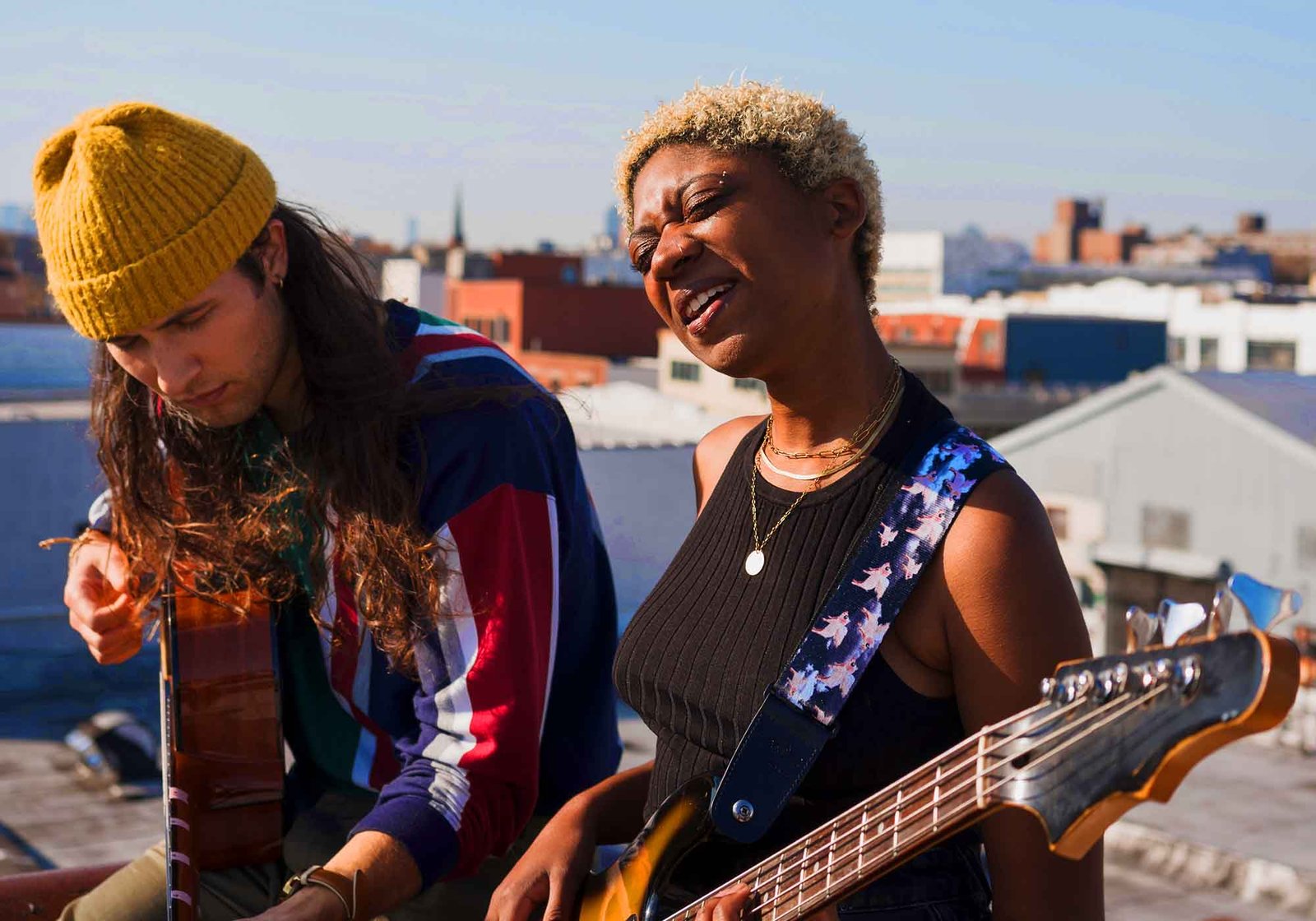How Social Media is Changing the Way We Experience Music
By MR. CITY News Team
Published on [Insert Date]
In the ever-evolving landscape of music consumption, social media has emerged as a game-changer, reshaping how we discover, share, and engage with music. From viral TikTok challenges to Instagram Reels soundtracks, platforms like Twitter, YouTube, and Snapchat are not just amplifying artists’ reach but also transforming the listener experience. Here at MR. CITY, your go-to online music radio station, we dive into how social media is rewriting the rules of the music industry.
The Discovery Revolution
Gone are the days when radio stations and MTV were the primary gateways to new music. Today, social media algorithms act as personal DJs, curating playlists based on user behavior. Platforms like Spotify integrate seamlessly with Instagram Stories, allowing users to share snippets of their favorite tracks directly with followers. Meanwhile, TikTok has become a launchpad for breakout hits—think Lil Nas X’s “Old Town Road,” which skyrocketed to fame through viral dance challenges.
According to a recent study by the International Federation of the Phonographic Industry (IFPI), over 60% of Gen Z listeners discover new music through social media platforms. Hashtags like #NewMusicFriday and #MusicChallenge make it easier than ever to stumble upon hidden gems, often before they hit mainstream charts. For independent artists, this democratization of discovery means a chance to bypass traditional gatekeepers like record labels and go straight to the audience.
The Power of Virality
Social media’s ability to turn a song into an overnight sensation is unparalleled. A single 15-second clip on TikTok can ignite a global trend, as seen with Olivia Rodrigo’s “drivers license,” which dominated feeds and playlists alike after emotional fan videos flooded the app. This virality isn’t just about numbers—it’s about cultural impact. Songs now come with built-in dances, memes, and user-generated content, creating a shared experience that transcends borders.
But there’s a flip side. The pressure to “go viral” can push artists to prioritize catchy hooks over substance, leading to a flood of formulaic tracks designed for short-form content. Critics argue this fast-paced cycle risks diluting the art form, as songs are consumed and discarded in mere weeks.
Building Artist-Fan Connections
Social media has also redefined the relationship between artists and fans. Platforms like Twitter and Instagram offer a direct line of communication, where musicians can share behind-the-scenes content, announce releases, or even crowdsource ideas for their next project. Beyoncé’s surprise album drops, often teased through cryptic Instagram posts, exemplify how artists use these tools to build anticipation and intimacy.
Live streaming on platforms like Twitch and YouTube has further blurred the lines between performer and audience. During the pandemic, virtual concerts became a lifeline for the industry, with artists like Travis Scott hosting immersive Fortnite events that drew millions of viewers. These digital experiences aren’t just stopgaps—they’re a glimpse into the future of live music, where fans from anywhere in the world can “attend” a show with a single click.
The Challenges of the Digital Soundscape
Despite its benefits, social media’s influence on music isn’t without pitfalls. The race for likes and shares can overshadow artistic integrity, while streaming platforms tied to social media often pay artists a fraction of a cent per play. This has sparked debates about fair compensation, with many musicians relying on viral moments to drive merchandise sales or tour tickets rather than streaming revenue.
Moreover, the echo chamber effect of algorithms can limit exposure to diverse genres. If you’re constantly fed pop hits because of your search history, when do you encounter jazz, classical, or world music? At MR. CITY, we believe in the power of variety, curating playlists that challenge the algorithm and introduce listeners to sounds beyond their bubble.
The Future of Music in a Social World
As social media continues to evolve, so too will its impact on music. Emerging technologies like augmented reality (AR) filters on Snapchat and Instagram are already letting fans “try on” concert experiences or interact with virtual album art. Meanwhile, platforms are experimenting with blockchain and NFTs, offering artists new ways to monetize their work through exclusive digital collectibles.
One thing is clear: social media has made music more accessible, interactive, and community-driven than ever before. It’s a double-edged sword—offering unprecedented opportunities for connection while challenging the industry to adapt to a lightning-fast, trend-driven world.
What do you think? Has social media changed how you experience music for better or worse? Drop your thoughts in the comments below, and tune in to MR. CITY for the latest tracks—whether they’re viral hits or underground treasures. Let’s keep the conversation, and the music, playing.
Stay tuned, stay connected.
MR. CITY Online Music Radio Station



